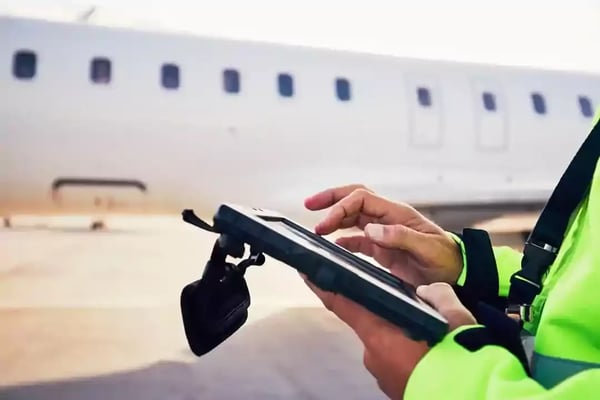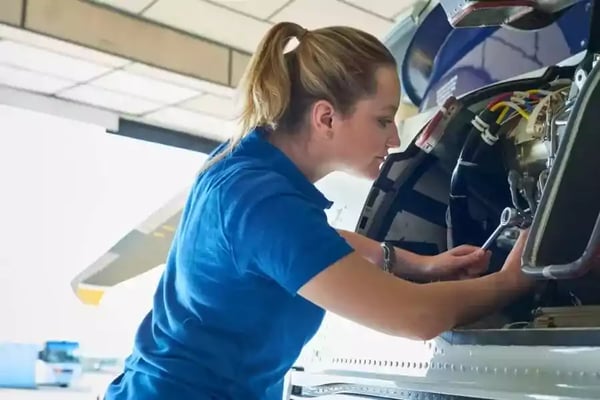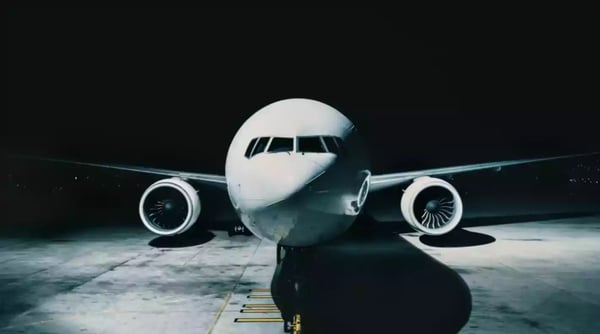The world of aviation maintenance is full of exciting challenges and opportunities. But it is also a complex field with its own unique set of obstacles to navigate, from cost management to safety regulations. What are the biggest roadblocks and strategies to overcome them? Let’s take a closer look.
Regulatory Changes
Aviation regulations are changing as technology advances and more stringent safety requirements are put in place by governing bodies like the FAA (Federal Aviation Administration). It is essential to stay up-to-date on these changes to be compliant with all regulatory requirements. The best way is to create an ongoing plan for education and compliance. This could include setting aside time each week or month to review new regulations, enrolling in online classes or attending seminars related to safety and compliance, and researching new technologies that may help improve safety processes.
Safety concerns
In the aviation industry, safety is more than just a priority - it's ‘mission-critical’. To ensure aircraft are safe to fly and potential issues are identified early on, maintenance professionals must adhere to rigorous safety protocols while leveraging cutting-edge tools and technologies. A lot of manual work can lead to human-errors, which are easy to avoid with the right software in place.
Time constraints
Another challenge is the pressure to complete maintenance work quickly. Airplanes are expensive assets that need to be in the air as much as possible, and maintenance work can cause delays. Even though speed is an important factor when tackling any repair or maintenance task, it's important to have efficient systems and technology in place that allow you to quickly assess a situation and act accordingly. There are many solutions that help airlines significantly reduce aircraft downtime by supporting engineers and mechanics daily work, such as MROTools.io, for example, helps to make tool management efficient and hassle-free for the staff.
Refusal or slow implementation of technology
Technology has revolutionized many aspects of the aviation maintenance process over the last few years. From drone inspections to 3D printing technology, there are now new tools available to help make aircraft maintenance more efficient and cost effective. Utilizing these technologies can help ensure that work is completed quickly and accurately while still adhering to all regulations and safety standards. Additionally, it can help streamline communication between different departments within an organization.
Maintaining aircrafts requires dedication and accuracy from all involved in the field. By staying informed about changes in regulations or safety standards, utilizing technology when applicable, and staying organized with tasks, those working in aviation maintenance can better prepare themselves for any challenges they may face along the way. With enough knowledge and experience under their belts, even the most unpredictable storms won't be enough to derail the progress!


 Andy Graham
Andy Graham
 If you are interested in knowing how you can improve your efficiency in maintenance operations, book a 30-minutes discovery call with us.
If you are interested in knowing how you can improve your efficiency in maintenance operations, book a 30-minutes discovery call with us.

